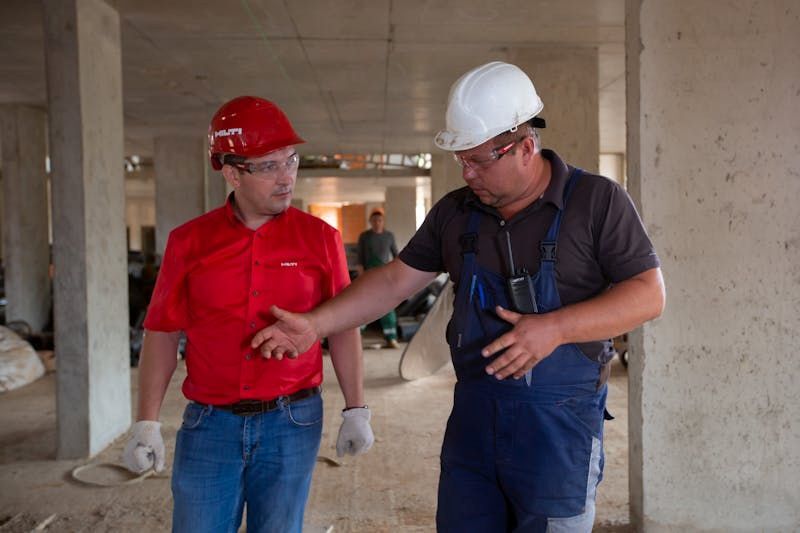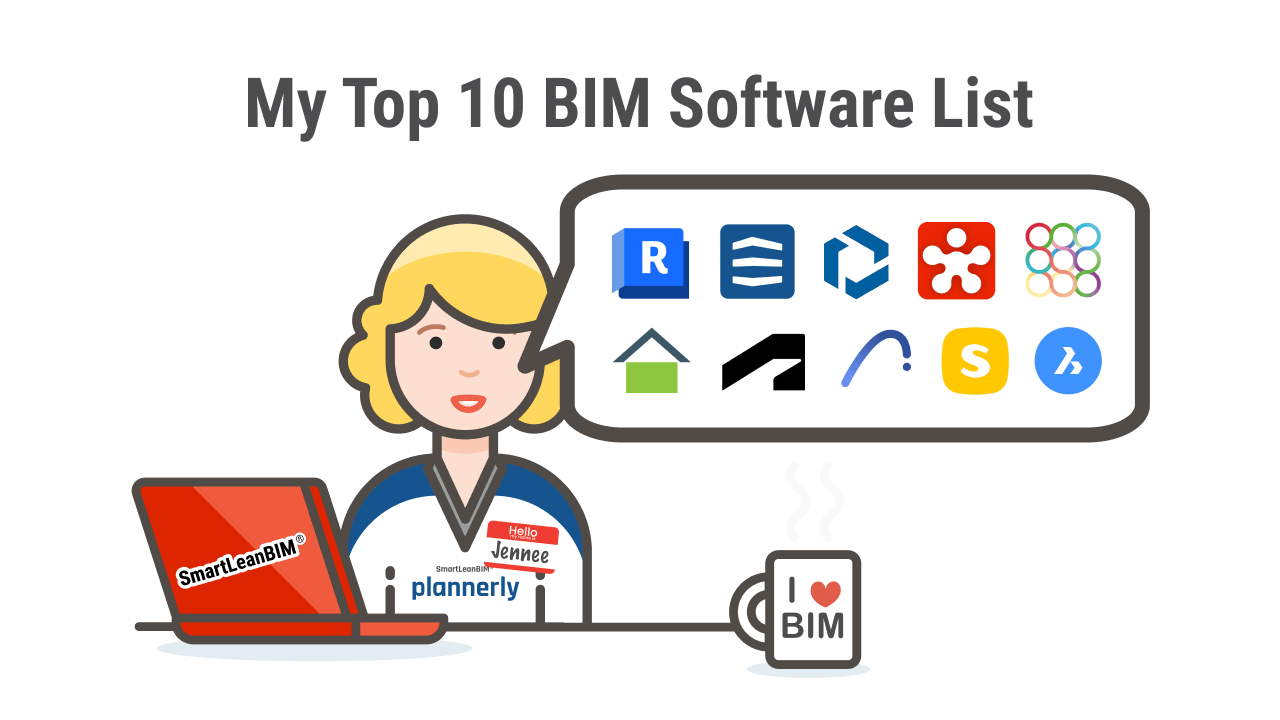
Construction project managers play a key role in keeping projects on track, meeting deadlines, staying on budget, and ensuring safety and quality standards are met. Their teamwork, resource management, and problem-solving skills make all the difference.
One effective way to do this is through specialized courses in construction project management, which provide clear training in budgeting, scheduling, and risk handling. These programs strengthen core skills and decision-making.
Choosing the right construction project management courses can lead to strong career advancement. In 2026, there were 520,900 construction manager jobs, showing steady demand. With this continued need for skilled professionals, the average salary in 2026 is around $95,168, making training a smart investment.
Why Construction Management Professionals Need Software Skills Today?

In the construction industry, technology plays an increasingly critical role in project success. Modern software tools enable managers to plan, track, and coordinate complex projects more efficiently than ever before. As a result, construction management professionals must develop strong digital skills to handle these tools effectively. This need has made training courses for construction managers essential for those aiming to stay relevant and competitive in the field.
Specialized software plays a key role in improving budgeting accuracy, scheduling, and resource planning in construction projects. By enabling clear communication and informed decision-making, it helps reduce errors and delays. Earning a construction project management certificate demonstrates the ability to use these tools effectively, directly improving project outcomes.
Most Used Construction Management Software in 2026

Construction professionals rely on advanced software to streamline project planning, communication, and resource management, ensuring efficient and timely completion of complex projects.
1. Autodesk Construction Cloud
Autodesk Construction Cloud connects design, planning, and construction workflows with BIM support. It reduces rework through real-time collaboration and version control.
Used for: BIM coordination, document management, and clash detection.
2. Buildertrend
Buildertrend is tailored for residential and remodeling contractors, offering tools for project scheduling, payments, and client communication in one place.
Used for: Managing residential construction, workforce coordination, and financial tracking.
3. PlanGrid
PlanGrid provides mobile access to updated blueprints and construction documents, ensuring teams work with the latest versions on-site or remotely.
Used for: Field-based document sharing, drawing comparison, and issue tracking.
4. Procore
Procore is a cloud-based platform for managing construction projects, budgets, and team collaboration in real time. It helps streamline daily logs, RFIs, and field communications.
Used for: Budgeting, scheduling, subcontractor coordination, and real-time communication.
5 Best Online Courses To Learn Construction Management Softwares
Mastering software tools is essential for success in construction management. To build these skills, many professionals choose construction project management courses designed for practical learning.
|
Rank |
Course Name |
Duration |
Format |
Key Software Covered |
Best For |
|
1. |
7 months |
Online |
Revit, Navisworks, BIM 360 |
Site managers leading BIM-based execution |
|
|
2. |
Construction Management Specialization – Columbia (Coursera) |
3 months (flexible) |
Online |
Primavera, AutoCAD, MS Project |
Entry to mid-level site professionals |
|
3. |
Construction Management Software Training – LinkedIn Learning |
4–6 weeks (self-paced) |
Online |
Procore, Bluebeam Revu, PlanGrid |
Fast upskilling for working professionals |
|
4. |
Autodesk Construction Cloud Essentials – Autodesk University |
Self-paced |
Online |
BIM Collaborate, Build, Docs |
Digital collaboration and document control |
|
5. |
Procore Project Management Certification – Procore |
2–4 weeks |
Online |
Procore full suite |
Professionals managing field operations |
Top Courses for Site Management Software in Construction
Using site management software is one of the most needed skills of the modern professional in the construction business. These courses provide practical training and qualifications to enhance efficiency, coordination, and career development at current job sites
1. BIM Professional Course For Civil Engineers by Novatr
- Duration: 7 months
- Format: Online, mentor-guided
- Certification: Autodesk + NSDC
This 7 month program designed specifically for construction professionals, the BIM Professional Course by Novatr is among the most in-demand training courses for construction managers seeking to work in digital site management. It focuses on major project management tools for construction, like Revit, Navisworks, BIM 360, and Dynamo. It is thus a perfect course for construction professionals and site leads willing to gain extensive knowledge of BIM and develop their skills.
Why Choose It:
- Master 10+ bim tools essential for construction projects
- Build a job-ready portfolio with real-world applications
- Includes mentorship, live workshops, and construction project management certificate
2. Construction Management Specialization – Columbia (Coursera)
Duration: 3 months (flexible)
Format: Online, self-paced with university instructors
Certification: Verified certificate from Columbia University via Coursera
This construction management training course, presented on Coursera by Columbia University, combines theoretical and practical training in software. This course covers tools such as Primavera, AutoCAD, and MS Project, making it a favourite among professionals interested in well-structured courses in construction project management taught by academicians.
3. Construction Management Software Training – LinkedIn Learning
- Duration: 4–6 weeks (self-paced)
- Format: Online video modules
- Certification: LinkedIn Learning certificate
This real-world training on using construction project management tools will familiarise you quickly with tools such as Procore, Bluebeam Revu, and PlanGrid. It is one of the most up-to-date training courses for construction managers, which is great for those who want flexibility and to practice job-prepared skills.
4. Autodesk Construction Cloud Essentials – Autodesk University
- Duration: Self-paced
- Format: Online, official Autodesk modules
- Certification: Autodesk University digital badge
Use the Construction Cloud by Autodesk through this self-learning program, which offers a comprehensive view of the product: Build, Docs, and BIM Collaborate. Centred around teamwork and managing issues, it is well-suited to users who need to control the field's document flow and online processes.
5. Procore Project Management Certification – Procore
- Duration: 2–4 weeks (depending on pace)
- Format: Online, official certification pathway
- Certification: Procore Certified Project Manager
The Procore certification is recommended by the construction industry, making it the best certification option among professionals dealing with field operations management and budget handling. The course provides training on the full use of the Procore ecosystem, including budgeting, RFIs, coordination of subcontractors, and documentation. It is also an ideal pathway for learners who think of taking the AGC Construction Project Manager course in the future.
Also Checkout - Top BIM Courses For Construction Management Professionals in USA
In Conclusion
As the construction industry evolves, proficiency in both management principles and advanced software tools is no longer optional but essential. Professionals who invest in specialized construction project management courses and construction management software courses position themselves for long-term success. These programs provide the practical skills and technical knowledge required to lead projects efficiently while adapting to industry innovations.
Earning recognized certifications, such as those offered through the Building Information Modeling (BIM) Course for Civil Engineers by Novatr, further validates expertise and increases professional credibility.
Ultimately, staying current with industry tools and methodologies is critical to maintaining a competitive edge. By pursuing the right education and certification, construction professionals can confidently meet the demands of modern projects and advance their careers.
Visit our resource page for the best construction project management and software courses available today.
Was this content helpful to you



.jpg)







